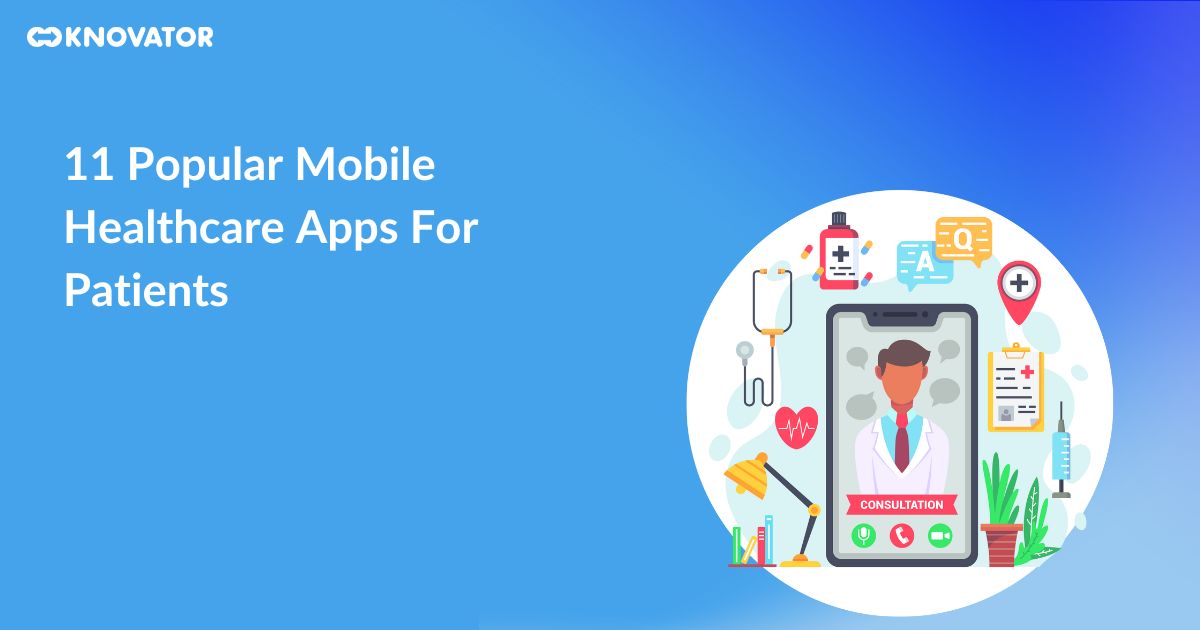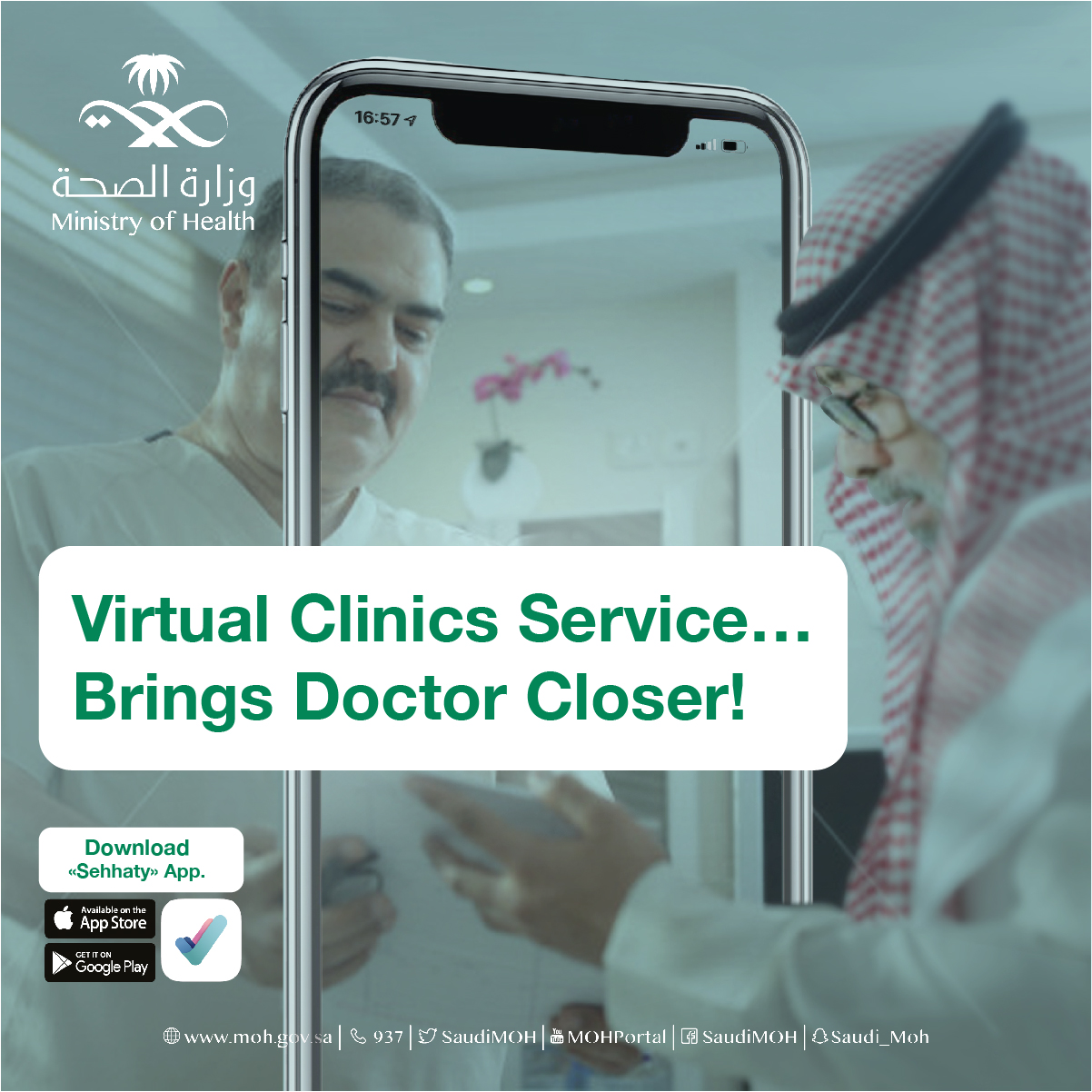The Future of Medical Care: Why Clinics Required a Mobile App Today
As the health care landscape proceeds to advance, centers deal with placing stress to adjust to individual assumptions for higher ease and access. The integration of mobile applications can serve as a crucial technique for enhancing individual involvement and enhancing operations.
Changing Client Assumptions
As the landscape of health care evolves, person expectations are undertaking a significant improvement. Today's individuals are significantly seeking comfort, access, and personalized care. With the increase of technology, specifically mobile applications, individuals currently expect a smooth integration of health care services right into their lives. They want the capacity to handle appointments, accessibility clinical records, and communicate with health care companies with their smartphones, showing a change in the direction of an extra proactive technique to health and wellness management.
In addition, patients are ending up being a lot more informed and encouraged, usually looking into therapies and conditions on the internet before assessments. This heightened understanding is paired with a demand for openness in health care procedures, consisting of price quotes and treatment alternatives. Therefore, carriers are compelled to adjust by embracing electronic tools that boost the patient experience.
The expectation for timely and efficient communication has never been higher, with many clients taking into consideration responsiveness an essential element of top quality treatment. mobile app for clinics. In this advancing landscape, medical care organizations should recognize these altering expectations and leverage mobile applications to promote an extra patient-centric method, making sure that they not just satisfy but surpass the criteria established by today's enlightened customers
Enhancing Client Engagement

Mobile applications assist in interaction in between patients and doctor, making it possible for real-time appointment organizing, pointers for drug adherence, and straight messaging features. These functionalities not just boost ease yet additionally construct a feeling of liability amongst clients. Mobile applications can use educational web content customized to individual requirements, aiding patients much better understand their conditions and therapy choices.
The combination of gamification aspects within health care apps can additionally inspire patients to involve in healthy actions, strengthening favorable way of living modifications. Inevitably, boosting individual involvement with mobile applications leads to improved health and wellness outcomes, higher person complete satisfaction, and a much more collective healthcare experience.
Streamlining Facility Workflow
Simplifying facility procedures is necessary for boosting workflow efficiency and maximizing individual treatment. The implementation of mobile applications can dramatically reduce management concerns, enabling doctor to concentrate more on patient communications. By automating consultation scheduling, patient check-ins, and payment procedures, clinics can lessen wait times and boost total functional performance.
Mobile apps additionally promote real-time access to client documents, allowing healthcare specialists to make educated choices swiftly. This immediacy not just boosts check here the quality of care yet also decreases the probability of mistakes connected with misplaced or outdated information. Leveraging mobile modern technology supports a more organized method to managing person follow-ups and treatment strategies, making sure that no vital actions are neglected.
Additionally, mobile applications can improve inventory monitoring by offering centers with devices to check supplies and drugs successfully. This enables prompt replenishment and helps prevent disturbances in client care because of stock lacks. By incorporating these performances right into their daily operations, facilities can create an extra cohesive and efficient setting, inevitably causing improved person results and fulfillment. Embracing mobile technology is not simply a trend; it is an essential development in the healthcare landscape.
Improving Interaction Networks
Reliable communication is often mentioned as a cornerstone of quality health care delivery. In today's hectic clinical environment, mobile applications can significantly improve communication channels in between facilities, clients, and medical care providers. By incorporating mobile applications right into their operations, centers can promote real-time communications, guaranteeing that people receive timely details concerning their visits, examination results, and treatment plans.
Mobile applications additionally encourage patients to interact directly with their health care groups via secure messaging features. This direct line of communication cultivates a feeling of engagement and permits immediate information of worries, which can cause far better adherence to therapy methods. Press notifications can remind clients of upcoming visits or medicine schedules, decreasing no-show rates and enhancing general wellness end results.

Remaining Affordable in Health Care
In a swiftly advancing health care landscape, companies should focus on innovation and versatility to keep an one-upmanship. The assimilation of mobile applications right into medical care services is no longer optional; it is essential for centers intending to boost person interaction, simplify procedures, and improve general solution distribution.
As patients progressively count on electronic systems for wellness management, centers that stop working to take on mobile modern technology risk dropping behind. A properly designed mobile app can provide functions such as consultation organizing, telemedicine appointments, and access to medical documents, offering clients with comfort and cultivating commitment.

Rivals are likewise purchasing mobile options, so staying in advance needs continuous renovation and staying educated concerning technical developments. Facilities need to not only carry out mobile applications but additionally take part in normal updates and improvements. Eventually, the successful combination of mobile technology will certainly differentiate forward-thinking medical care organizations and established the benchmark for patient-centric treatment in a digital globe.
Conclusion
In verdict, the Going Here integration of mobile applications in facilities is vital to address the progressing landscape of person assumptions. By enhancing individual engagement, improving procedures, and improving interaction networks, clinics can substantially boost wellness outcomes. In addition, the fostering of mobile technology settings facilities to continue to be competitive in a progressively electronic healthcare atmosphere. Eventually, the critical implementation of mobile apps represents a critical step towards supplying easily accessible and tailored healthcare, thereby fulfilling the requirements of today's equipped people.
Eventually, enhancing patient engagement via mobile applications leads to boosted health and wellness outcomes, greater person fulfillment, and a much more collaborative healthcare experience.Mobile applications likewise help with real-time access to person records, enabling medical care specialists to make educated decisions promptly. In today's hectic medical setting, mobile applications can substantially enhance interaction channels in between facilities, individuals, and healthcare companies.Mobile applications likewise empower people to browse around this site communicate straight with their healthcare teams through safe and secure messaging features. Ultimately, the calculated implementation of mobile apps represents a crucial action towards delivering individualized and available medical care, thereby satisfying the needs of today's equipped people.
Comments on “Enhance Workflow: Why Your Clinic Requirements a Mobile App for Clinics Now”